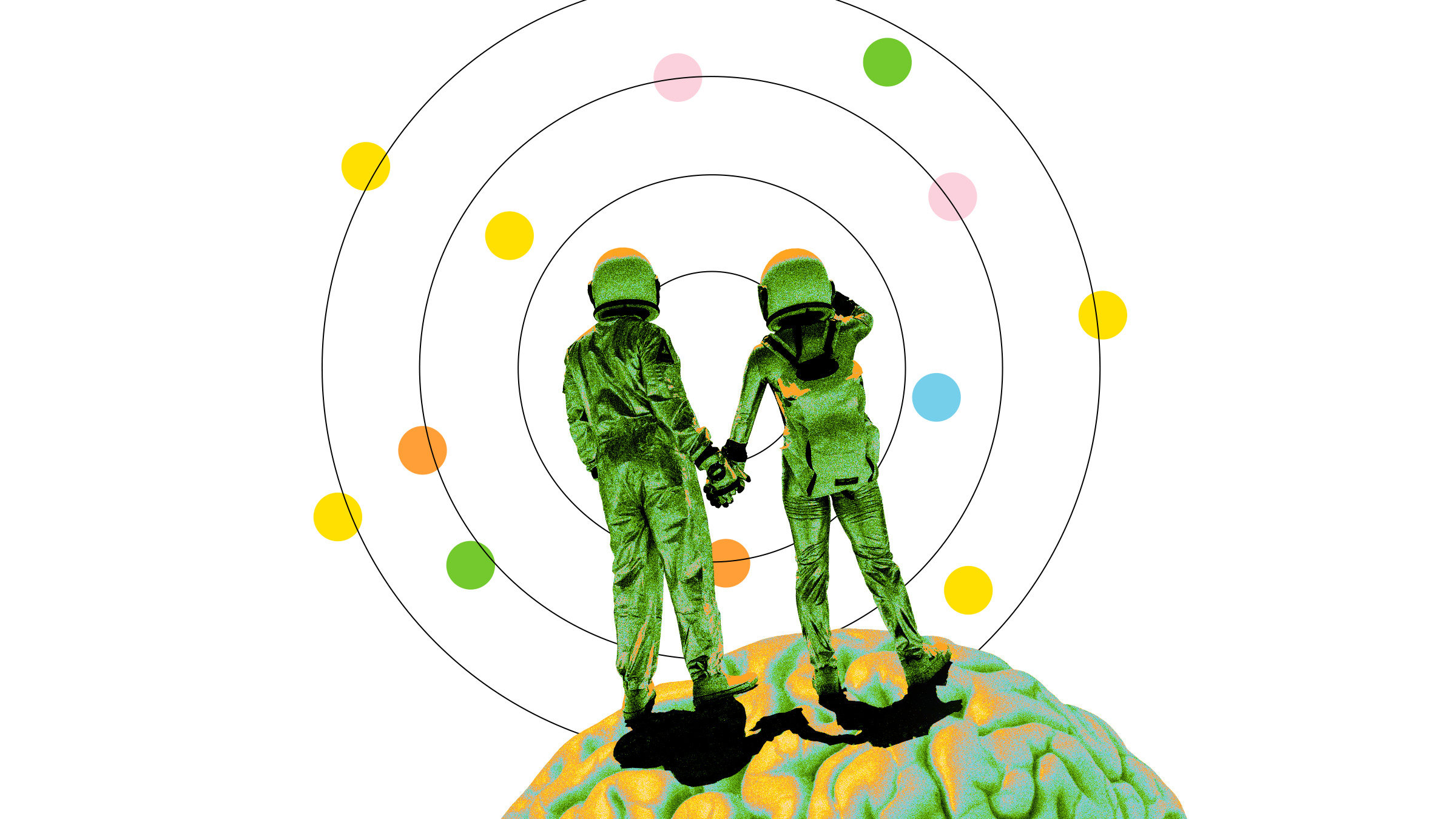Want to spot creeping changes, broaden your thinking, or innovate something new? What if you kept your eyes peeled for the first symptoms of change, i.e. weak signals? Sitra has published a new guide that makes it easy to detect and interpret weak signals. You can also report any weak signals you spot on our website.
Weak signals are signs of possible changes that may be significant in the future. They are unexpected changes that challenge current thinking, and they have actually already happened somewhere in the world.
Observation of weak signals complements the future knowledge we already have. It is important to stay on top of the overall picture of major changes, the megatrends: the carrying capacity of nature is eroding, challenges to well-being are growing, the battle for democracy is intensifying, the foundations of the economy are cracking, competition for digital power is gearing up. At the same time, the Finnish security environment is shaking and the economy is stalling. However, if you only pay attention to current changes, such as trends and megatrends, the emerging phenomena may go unnoticed. In a time of surprises, we also need the ability to think about alternative futures. The weak signals offer one way to do this.
”Observing weak signals is beneficial to all of us. It can also strengthen the resilience, or the flexibility for change, that we need at this time. When we pay attention to things that surprise us, it broadens our thinking about different future alternatives, and we are better prepared for changes,” says foresight specialist Lilli Poussa.
Weak signals can be utilised in many different ways: for purposes such as preparing a strategy, brainstorming new activities or preparing for them. They can be included as part of the continuous observation of our operating environment. In this process, they help us analyse current changes and reflect on their impacts on society, or on our own organisation or sector. Weak signals do not provide predictions of the future but rather broaden our thinking on what the future could be all about.
“The future tends to surprise us. We cannot base our decisions and choices only on what we consider to be the most certain developments. Broadening our thinking helps us prepare for surprises, identify changes that are only just emerging and, on the other hand, innovate new things,” Poussa says.
Did you come across a weak signal? Report it to us and see what others have spotted!
Sitra is currently working on an overview of weak signals. It will be published in May 2025. Therefore, we are inviting all of you to observe weak signals. The more diverse group of people we have making observations, the more versatile the outcome.
“A weak signal is something that has really happened, but that feels strange, surprising, ridiculous or shocking to the observer. In other words, observing weak signals is always very subjective. But that is exactly why we would be happy to hear what kinds of weak signals you have come across,” says foresight specialist Terhi Ylikoski.
Anyone can report weak signals they have spotted to Sitra between 15 January and 28 February 2025 using the form available on the website (in Finnish). On the website, you can also broaden your thinking by examining the weak signals spotted by others. The observations collected on the website can be utilised in Sitra’s next weak signals overview.
The new guide provides practical tips for detecting and interpreting weak signals
Sitra has now published a guide to support the processing of weak signals. It contains practical tips on how to detect and interpret signals. The 28-page guide includes three tools that you can use, for example, with your own team when collecting signals or examining their significance and impacts.
“The guide is intended for anyone interested in weak signals. We want to increase understanding of different possible futures and enhance the foresight capacity of people and communities. The benefit of weak signals derives from the fact that they raise questions, challenge us and, at best, also call into question the way we act or think,” Ylikoski says.
You can use the guide to build your own process for working with weak signals or utilise only some of the individual tips or tools it provides. When we spend time together examining questions about the future, it builds foresight competence and culture and broadens our thinking of different possible futures.



Recommended
Have some more.
Weak signals from the future
Weak signals explorer
First symptoms of change
Speculate on futures